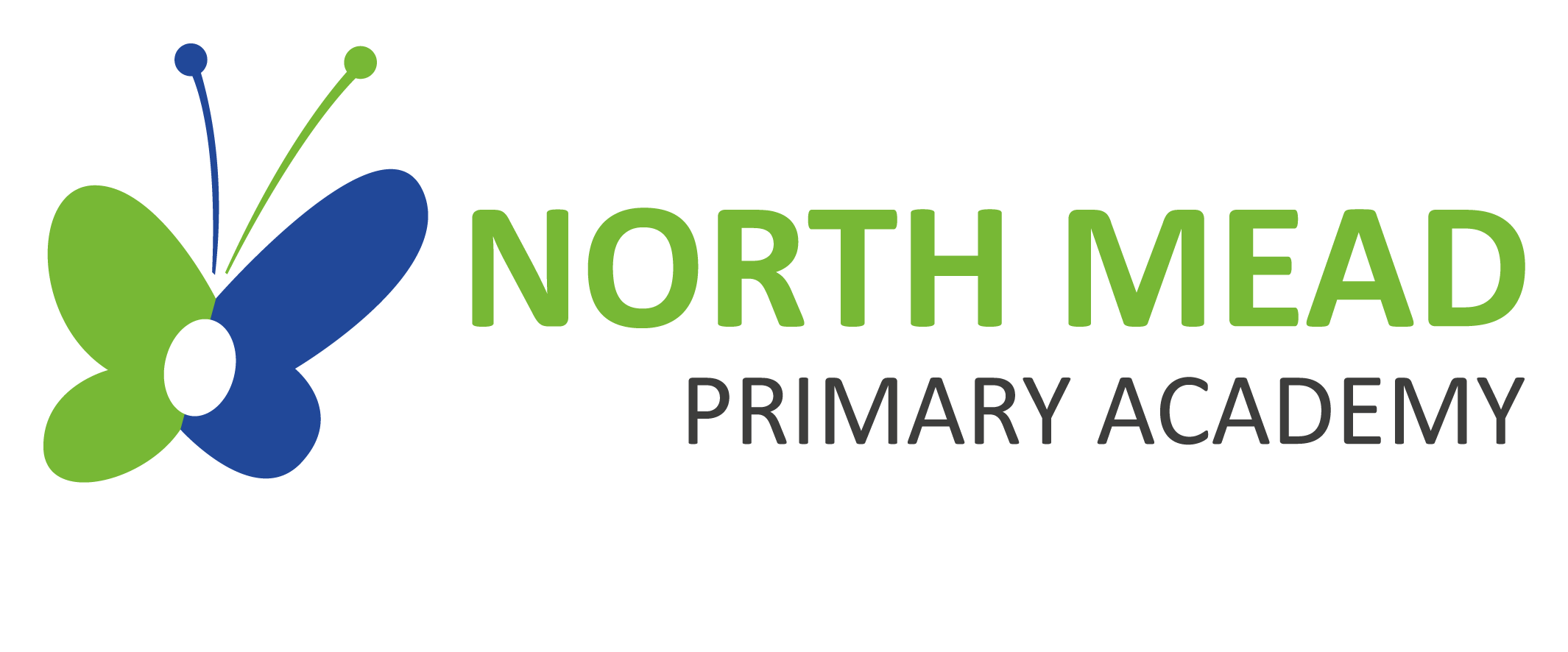At North Mead, we understand that the children will not be able to just ‘pick’ up the curriculum at exactly the same point at which they left it on the day that school closed. Too much has happened. We will be listening to what the children are saying and looking at what the children have experienced and are experiencing. We are very aware that none of what has happened follows the usual pattern of a school year with all of the annual cycle of events. Our SLT believes that compassionate leadership is crucial at this time.
When the children return to school, we have a Recovery Curriculum in place. The children have had their daily routines disappear and with it, any known curriculum framework. We understand that for most children their daily goal in going to school is not just to learn but to see their friends and to feel a sense of self-worth that only a peer group can offer. We do not underestimate the impact of the loss of that social interaction. It is as key to their holistic development as any lesson. Human beings are fundamentally social creatures, and the brain grows in the context meaningful human-to-human interaction.
For many children the loss of structure will have been devastating. This is why we have encouraged parents to establish clear routines in home schooling their children. Children need to know what they are doing now and what will come next. If they do not, then children will become anxious and concentration levels drop; they become frustrated with themselves and their parents as makeshift educator. We understand that due to different circumstances that many of our children will not have has these clear routines.
From loss emanates three significant dynamics that will impact majorly on the mental health of our children. Anxiety, trauma and bereavement are powerful forces. For them all to appear at once in an untimely and unplanned fashion is significant for the developing child. Our children are vulnerable at this time, and their mental-health fragile. And on top of that, they are witnessing a sea of adult anxiety, which they unwittingly are absorbing. This loss of freedom and anxiety will have made academic learning for some children feel inconsequential.
The loss of friendship and social interaction could trigger a bereavement response in some of our children. They will grieve for that group of peers, who not only give them angst, but also affirm them as the person they want to be. The rules of the peer group have vanished without warning, and our children in particular, were ill prepared for this. They will mourn for how their life was compared to how it is now. They have undergone a period where friends and family members have been avoided because they are a threat; how long will it take for children to feel not threatened by nearness of others?
The loss of routine and structure will be traumatic for some. Children can find it alarming that the infrastructure of their week has been abandoned however logical the reason. The suddenness of it all may induce panic attacks, a loss of self-control, as the child feels their own intellect no longer informs their personal judgements accurately.
Anxiety is a cruel companion. It eats away at the positive mental health of the child, and can cause a deterioration in their overall well-being. The anxious child is not a learning child. Mood swings may prevail; they may become irrational and illogical. There can be a loss of sleep; the cumulative tiredness can diminish the child’s coping mechanisms.
Daily, children have listened to reports of the spread of the pandemic and to the reported death toll in their country and internationally. It is probable that most children may return to school knowing of someone who has died. Indeed, they may have first-hand experience of the death of a loved one. In this respect, we have much to learn from the experiences of those children affected by the earthquakes in Christchurch, New Zealand. Schools there, kept a register of the deaths within a family, or other significant traumatic events, to guide and inform staff as children returned. Subsequent evidence from research studies from NZ, (Liberty, 2018) have shown that there has been considerable impact on the learning and development of those children who were under 5 years old at the time of the earthquakes, (eg speech delays, emotional immaturity, etc). We ignore such related evidence at our peril.
Those 5 losses, of routine, structure, friendship, opportunity and freedom, can trigger the emergence emotionally of anxiety, trauma and bereavement in any child. The overall impact cannot be underestimated. It will cause a rapid erosion of the mental health state in our children.
All of our children will need a holistic recovery, Teaching is a relationship-based profession. That has been clearly demonstrated in the response of our school, we have been supporting children through online teaching during the crisis, and also caring for the children of key workers and vulnerable children by keeping our school open and offering an a safe place with in school learning and support.
We understand that our recovery curriculum, needs to focus on the recovery of lost knowledge, but this does not recognise the scale of impact. We consider the definition of a relevant curriculum as the ‘daily lived experience’ and we must plan for experiences that provide the space for recovery. At North Mead, we are concerned with the fundamental wellbeing, and secure positive development of our children.

 Together We Make A Positive Difference
Together We Make A Positive Difference